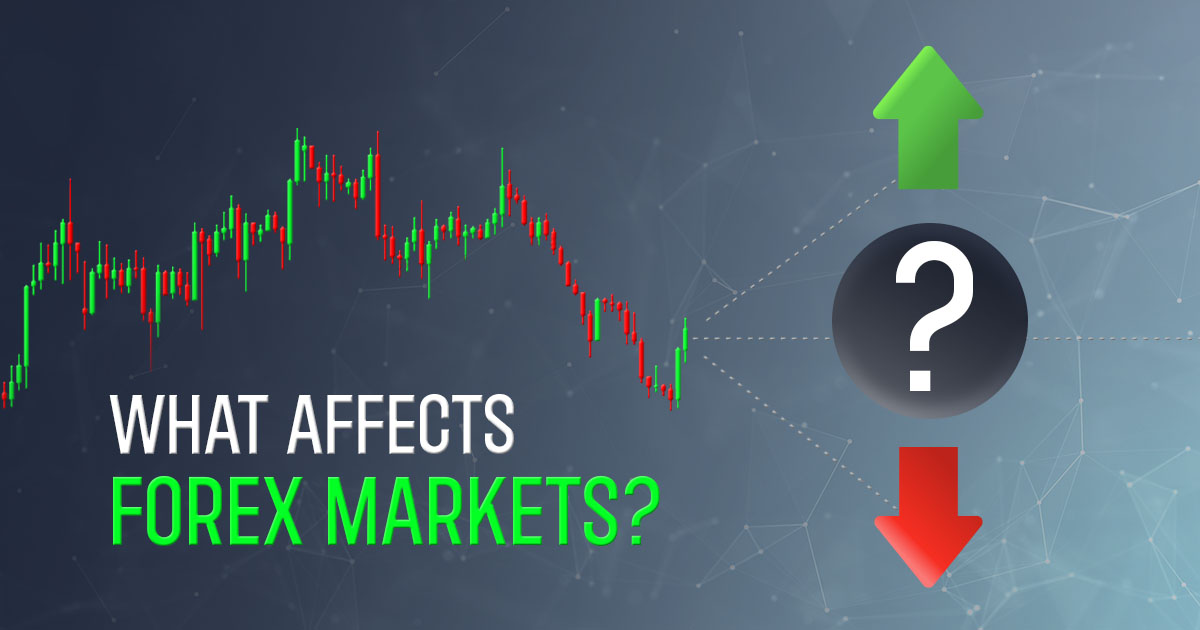In the realm of global finance, the foreign exchange (forex) market stands as a behemoth, where currencies are traded at unparalleled volumes. In recent years, this market has witnessed an extraordinary influx of funds, propelling it to unprecedented heights. Unveiling the factors behind this surge is an endeavor that holds immense significance for investors, analysts, and anyone interested in the intricate workings of the financial world.

Image: forexinvestorslb.com
At the heart of the forex market’s growing appeal lies a multitude of factors. Technology has emerged as a formidable force, fueling a digital revolution that has significantly reduced transaction costs and barriers to entry. Online trading platforms have proliferated, empowering a broader audience of traders with the tools and resources to participate in currency exchange. As access to financial markets becomes more democratized, the influx of funds into the forex market is bound to continue.
Globalization and Economic Interconnectedness
Globalization has fostered a more interconnected global economy, characterized by increased trade, investment, and cross-border capital flows. This interconnectedness has amplified the need for currency exchange, as businesses, individuals, and institutions engage in transactions denominated in various currencies. The growing volume of global trade, coupled with the rise of multinational corporations, has necessitated a robust and efficient forex market to facilitate these transactions.
Diversification and Risk Management
Investors seeking to diversify their portfolios and mitigate risk have gravitated towards the forex market. Currency fluctuations can provide uncorrelated returns compared to traditional asset classes like stocks and bonds. This diversification benefit has attracted numerous institutional investors, including hedge funds, mutual funds, and pension funds, who include currencies in their investment strategies.
Central Bank Policies and Currency Wars
Central bank policies, particularly those of major economies like the United States, the Eurozone, and Japan, have had a significant impact on the forex market. Quantitative easing and unconventional monetary policies have led to increased liquidity in the financial system, which has flowed into the forex market. Additionally, currency wars, where countries intentionally devalue their currencies to gain export advantages, have intensified currency fluctuations, attracting speculators and investors seeking to capitalize on these movements.

Image: fxlimit.com
Volatility and Hedging
Currency volatility, driven by political, economic, and market factors, has presented opportunities for traders and hedgers alike. Forex traders can profit from currency fluctuations, while businesses and investors can use forex derivatives to hedge against currency risks. This has contributed to the increased volume of transactions in the forex market.
Rise of High-Frequency Trading
High-frequency trading (HFT), which involves the use of sophisticated algorithms to execute a high volume of orders in fractions of a second, has significantly increased trading activity in the forex market. These algorithms exploit even the smallest price inefficiencies, leading to a faster and more efficient market. While HFT has its critics, it has undoubtedly contributed to the growth of the forex market.
Factors Contributing Increased Volume Of Funds In Forex Market
Future Outlook and Potential Impacts
The future of the forex market looks bright, with predictions of continued growth in trading volume. The increasing popularity of online trading, the expanding global economy, and the volatility of global markets are all factors that will likely drive this growth. As the forex market continues to evolve, it will remain an important tool for managing risk, diversifying portfolios, and facilitating global trade.
In conclusion, the surge in the volume of funds in the forex market is a testament to its growing importance in the global financial system. A confluence of factors, including technological advancements, globalization, diversification needs, central bank policies, volatility, and HFT, has fueled this growth. Understanding these factors is essential for navigating the dynamic world of the forex market. As it continues to evolve, the forex market will remain a key component of the global financial landscape, connecting economies, facilitating transactions, and providing opportunities for investors and traders alike.






